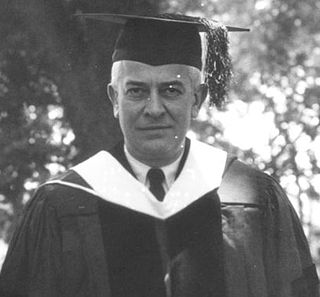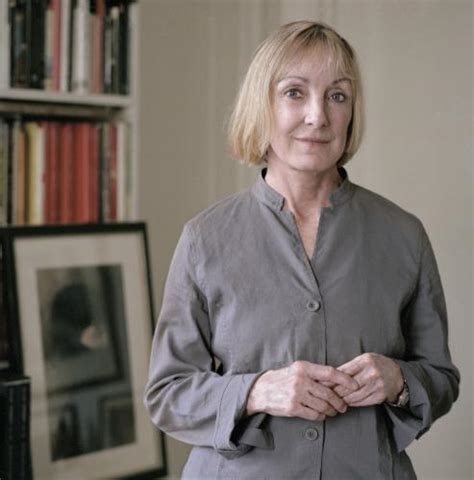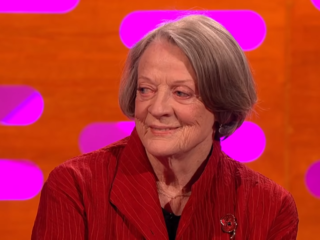A Quote by Carl Clinton Van Doren
The two most common charges against the older fiction, that it pleased wickedly and that it taught nothing, had broken down before the discovery, except in illiberal sects, that the novel is fitted both for honest use and for pleasure.
Related Quotes
To be taught to read—what is the use of that, if you know not whether what you read is false or true? To be taught to write or to speak—but what is the use of speaking, if you have nothing to say? To be taught to think—nay, what is the use of being able to think, if you have nothing to think of? But to be taught to see is to gain word and thought at once, and both true.
For example, when I was writing Leviathan, which was written both in New York and in Vermont - I think there were two summers in Vermont, in that house I wrote about in Winter Journal, that broken-down house... I was working in an out-building, a kind of shack, a tumble-down, broken-down mess of a place, and I had a green table. I just thought, "Well, is there a way to bring my life into the fiction I'm writing, will it make a difference?" And the fact is, it doesn't make any difference. It was a kind of experiment which couldn't fail.
For Scripture is the school of the Holy Spirit, in which, as nothing is omitted that is both necessary and useful to know, so nothing is taught but what is expedient to know. Therefore we must guard against depriving believers of anything disclosed about predestination in Scripture, lest we seem either wickedly to defraud them of the blessing of their God or to accuse and scoff at the Holy Spirit for having published what it is in any way profitable to suppress.
In the ranks of the movement [National Socialist movement], the most devout Protestant could sit beside the most devout Catholic, without coming into the slightest conflict with his religious convictions. The mighty common struggle which both carried on against the destroyer of Aryan humanity had, on the contrary, taught them mutually to respect and esteem one another.
Constitutions are not designed for metaphysical or logical subtleties, for niceties of expression, for critical propriety, for elaborate shades of meaning, or for the exercise of philosophical acuteness or judicial research. They are instruments of a practical nature, founded on the common business of human life, adapted to common wants, designed for common use, and fitted for common understandings.
I'd be surprised if non-fiction writers hate to be interviewed. We all hate them, because there's really nothing to say except "Read the book." Right? At least with non-fiction, you can kind of convey some information, and people can decide for themselves whether they want more of that kind of information. But with a novel, what am I going to do?
But the most common species of love is that which first arises from beauty, and afterwards diffuses itself into kindness and into the bodily appetite. Kindness or esteem, and the appetite to generation, are too remote to unite easily together. The one is, perhaps, the most refined passion of the soul; the other the most gross and vulgar. The love of beauty is placed in a just medium betwixt them, and partakes of both their natures: From whence it proceeds, that it is so singularly fitted to produce both.




































